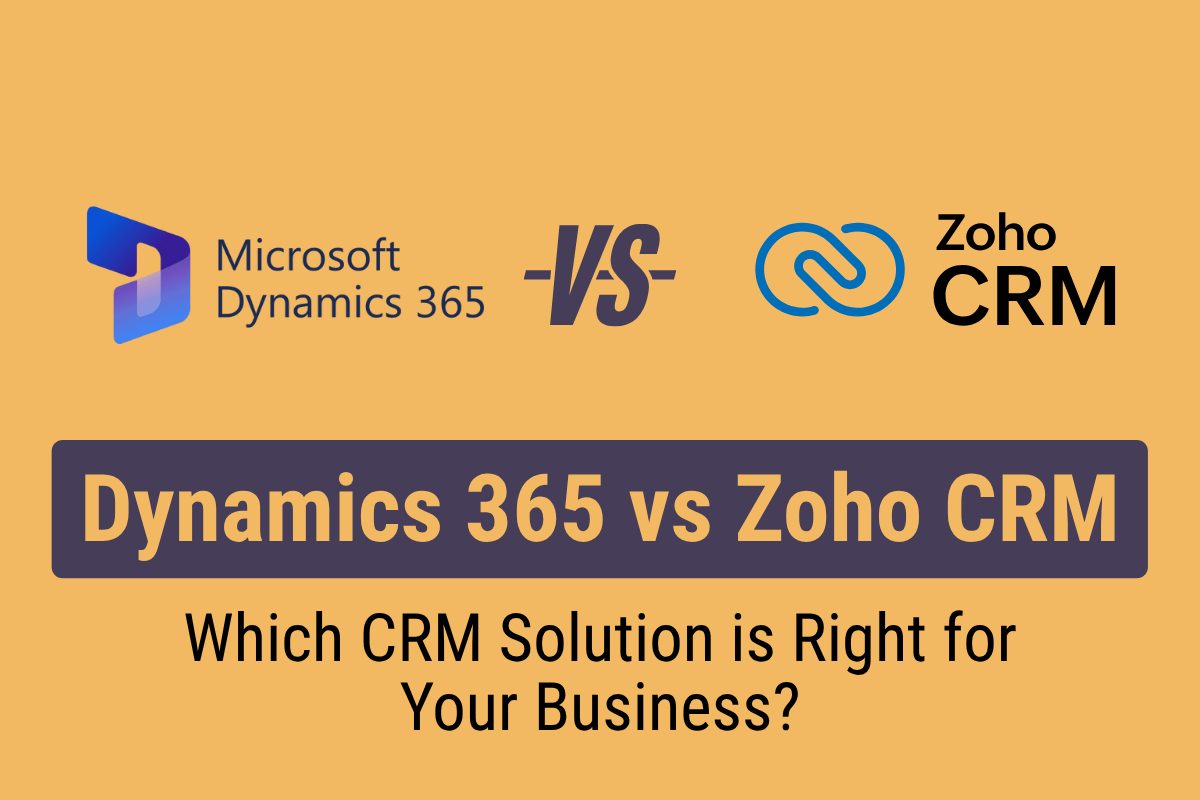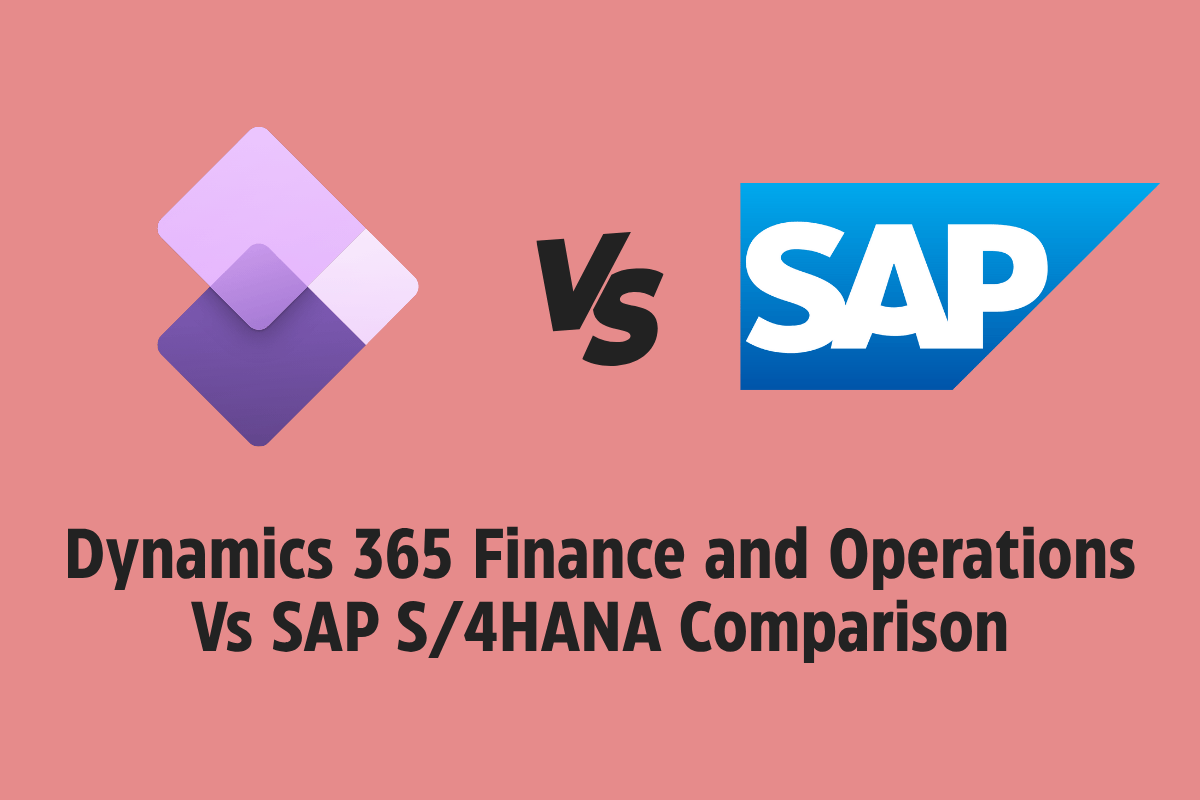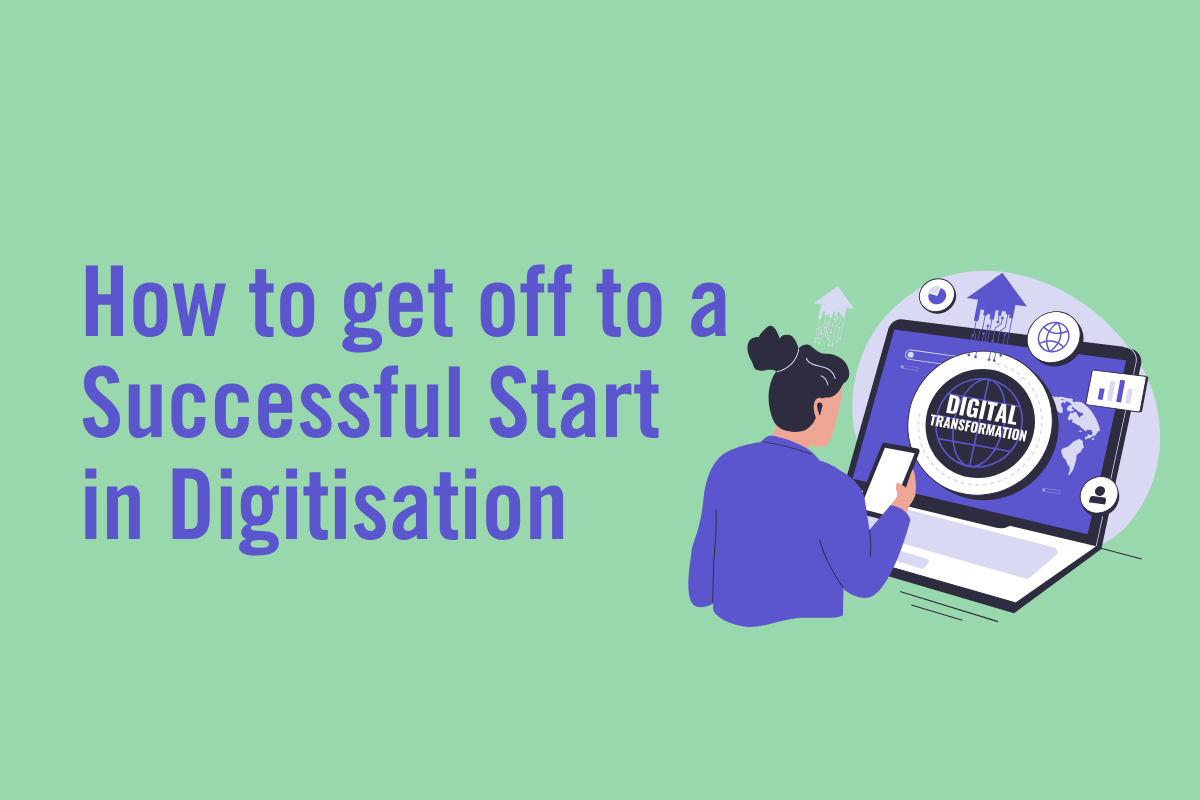In the UK, healthcare providers are under increasing pressure.
Patient expectations continue to rise, regulations become more demanding, and operational costs keep growing.
Fragmented systems and disconnected data result in inefficiencies such as missed appointments, delayed treatments, and excessive administrative workload.
A dedicated healthcare CRM (Customer Relationship Management) system centralises and automates critical processes, supporting various healthcare services such as appointment scheduling, patient communication, and workflow management.
This helps to alleviate these challenges and contributes to improved service quality by enabling better feedback collection and enhancing provider-patient relationships.
Additionally, CRM systems improve healthcare delivery by streamlining operations and facilitating better patient care.
Introduction to Customer Relationship Management
Customer Relationship Management (CRM) is an essential strategy for healthcare organizations aiming to deliver exceptional patient care and operational efficiency.
In the healthcare industry, CRM systems enable healthcare providers to centralize patient data, track patient interactions, and foster stronger patient relationships.
By leveraging customer relationship management CRM, healthcare organizations can enhance patient engagement, personalize communications, and improve patient satisfaction.
With a comprehensive view of each patient’s journey, providers can better understand patient needs and behaviors, leading to improved health outcomes and a more responsive approach to patient care.
Healthcare CRM Overview
Healthcare CRM solutions are purpose-built to address the unique challenges faced by healthcare organizations.
These platforms provide healthcare providers with centralized patient data, allowing for seamless tracking of patient interactions and delivery of personalized care.
By integrating with electronic health records, claims data, and other healthcare systems, healthcare CRM systems offer a holistic view of patient information.
This integration streamlines communication, enhances patient engagement, and supports better patient satisfaction.
Ultimately, healthcare CRM solutions empower organizations to improve operational efficiency, optimize resource allocation, and achieve better health outcomes for their patients.
Still Using Spreadsheets for Patient Data?
Centralise patient info, appointments, and engagement—all in one CRM.
1. Enhanced Patient Engagement and Experience
A healthcare CRM unifies all patient interactions – from registration and appointment booking to medical history and communications – enabling more personalised and responsive care.
CRMs leverage data on patient habits to tailor communication and engagement strategies, ensuring that each interaction is relevant and timely.
They also enable personalized communication and personalized patient care by matching patients with suitable providers based on their individual needs, medical history, and preferences.
By tracking each patient’s journey, and analyzing patient demographics as well as consumer and patient demographics, CRMs help further personalize engagement and improve outcomes.
-
Reduced no show rates: In 2021–22, NHS England reported a 6.4 per cent did not attend (DNA) rate across 122 million outpatient appointments, equating to around 7.8 million missed sessions annually.
-
Behavioural reminders: Automated SMS or email reminders, often incorporating behavioural prompts, have been shown to reduce missed appointments by up to 25 per cent.
-
Improved patient satisfaction: Healthcare organisations adopting CRM report up to a 15 per cent increase in patient satisfaction, thanks to more tailored and timely engagement. CRMs foster improved patient relationships through automated follow-ups and personalized communication, leading to higher patient retention and satisfaction.
These improvements enhance clinic utilisation, reduce waiting lists, and free staff from logistical follow up.
2. Streamlined Administrative Processes
Administrative tasks in healthcare—such as data entry, scheduling, and follow up—consume considerable time and can be prone to errors.
A CRM automates these functions: CRMs also automate and manage sales processes, including referral source management and sales activity documentation, to support provider engagement and revenue growth.
-
Appointment management, reducing the need for manual calls.
-
Online self-registration, lowering data duplication.
-
Automated communications, including appointment reminders, prescription updates, and billing notifications
By automating repetitive tasks, administrative staff can focus on patient-facing duties and enhancing service delivery.
CRMs also streamline healthcare processes, reducing errors and improving workflow efficiency.
3. Improved Care Coordination
A CRM provides a single source of truth accessible to all relevant care team members.
CRMs facilitate collaboration among healthcare teams, improving communication and task management:
-
Streamlined referral paths, with real-time updates.
-
Shared treatment plans across multidisciplinary teams, supporting patient care coordination and improving patient care coordination by centralizing information and enhancing provider collaboration.
-
Unified patient records, reducing duplication and improving decision-making, as CRMs enable healthcare providers to manage patient information securely and efficiently, ensuring data accuracy and accessibility.
This ensures continuity of care and better outcomes across clinicians and departments.
4. Supporting Telehealth and Remote Monitoring
As remote care becomes more common, a CRM can support its integration:
-
Coordinating virtual appointments seamlessly with administrative scheduling. Patient portals enable secure communication and data sharing between patients and providers, ensuring HIPAA compliance and protecting sensitive health information.
-
Collecting remote monitoring data, triggering alerts when needed. CRMs allow providers to access patient data in real time to inform clinical decisions and deliver personalized care.
-
Automated virtual follow-up, reinforcing treatment adherence and improving outcomes. Collecting and analyzing family medical history through CRMs can help tailor remote care and identify hereditary health risks.
These capabilities enhance access to care, particularly for patients with mobility challenges or complex conditions.
Struggling to Scale Telehealth?
Simplify virtual care and monitoring with integrated tools.
5. Staff Empowerment and Retention
A CRM improves the working lives of staff:
-
Reduced cognitive burden, thanks to automatic task workflows and information sharing.
-
Increased job satisfaction, as routine tasks are automated.
-
Training support, as audit logs track mandatory training and compliance.
CRMs support healthcare professionals and medical professionals by facilitating coordination, improving information access, and enabling efficient task management, which helps them deliver better patient care.
Reducing administrative fatigue also helps address high staff turnover. In 2021–22, voluntary NHS resignation rose by over 40 per cent to 139,862, often due to poor work–life balance.
6. Enhanced Data Security and Regulatory Compliance
Handling patient data necessitates strong governance: CRMs manage and protect customer data by implementing robust privacy controls and security measures, ensuring sensitive information is handled in compliance with industry standards.
-
GDPR-compliant storage, encryption, and role-based access controls. Secure data storage, including advanced encryption and strict access controls, is essential to protect sensitive information and maintain HIPAA compliance.
-
Comprehensive audit trails, tracking every access and modification.
-
Secure messaging tools, protecting patient confidentiality.
This compliance builds patient trust and reduces regulatory risk, while helping organizations adhere to healthcare security regulations such as HIPAA.
7. Data-driven Insights and Operational Efficiency
A CRM transforms operational data into strategic action:
-
Dashboards track no show rates, appointment volumes, and resource usage, while analytics support the improvement of clinical and financial outcomes by identifying trends and optimizing workflows.
-
Predictive analytics support demand forecasting and capacity planning.
-
Financial control improves through fewer billing errors and enhanced revenue cycle transparency.
These insights, enabled by medical CRM software, aid resource allocation and drive continuous improvement, leading to better patient outcomes through data-driven decision-making and proactive interventions.
8. Scalability and Seamless Integration
A modern CRM supports evolving operational needs:
-
Modular expansion, adding features such as telehealth or community care.
-
API interoperability, integrating with EHR systems through standards like FHIR and HL7, and enabling seamless integration with health systems to provide a unified view of patient data across departments.
-
Cloud-based deployment, allowing scalable capacity and reducing infrastructure costs.
This flexibility ensures a robust foundation for future growth and transformation.
Smart healthcare CRM solutions enable rapid adaptation and automation to meet evolving needs within a health system.
Key Features of Healthcare CRM Solutions
Healthcare CRM solutions offer a robust set of features designed to support effective patient relationship management and drive better patient care. Key features include:
-
Patient data management: Centralized storage and management of patient data, ensuring easy access and accuracy.
-
Analytics and reporting: Advanced analytics and reporting tools provide actionable insights to inform patient care and operational decisions.
-
Communication tools: Secure messaging, appointment reminders, and patient engagement platforms facilitate timely and effective communication.
-
Marketing automation: Tools for creating personalized marketing campaigns and targeted patient outreach to promote engagement.
-
Integration with EHRs and healthcare systems: Seamless data exchange with electronic health records and other healthcare systems ensures a unified patient view and streamlined workflows.
These features enable healthcare providers to manage patient data efficiently, track patient interactions, and deliver personalized care that meets the evolving needs of their patients.
Implementing a Healthcare CRM Solution
Successfully implementing a healthcare CRM solution requires a strategic approach tailored to the organization’s specific needs. Healthcare organizations should consider the following steps:
-
Define CRM goals and objectives: Clearly identify the desired benefits and outcomes of CRM implementation, such as improved patient engagement or streamlined workflows.
-
Assess current systems and processes: Evaluate existing patient relationship management systems and processes to identify gaps and opportunities for improvement.
-
Select a CRM vendor: Choose a healthcare CRM solution that aligns with the organization’s requirements and integrates with existing systems.
-
Configure and customize the CRM system: Adapt the CRM system to support unique workflows, data requirements, and patient relationship management strategies.
-
Train and support users: Provide comprehensive training and ongoing support to ensure successful adoption and effective use of the CRM system.
By following these steps, healthcare organizations can maximize the value of their CRM investment and drive meaningful improvements in patient care and operational efficiency.
Ready to Transform Patient Engagement?
Implement your CRM right the first time—with full compliance and support.
CRM in Healthcare: Challenges and Opportunities
The adoption of CRM in healthcare brings both challenges and significant opportunities.
Healthcare organizations must address issues such as HIPAA compliance, secure management of complex patient data, and integration with existing healthcare systems.
However, overcoming these challenges unlocks substantial benefits, including enhanced patient engagement, streamlined communication, and improved patient satisfaction.
By leveraging CRM in healthcare, organizations can better manage patient relationships, track patient interactions, and deliver personalized care.
This not only leads to improved patient outcomes and loyalty but also drives operational efficiency and cost savings across the healthcare sector.
Why Microsoft Dynamics 365 is a Leading CRM Solution
Microsoft Dynamics 365, especially when used with Microsoft Cloud for Healthcare, offers healthcare providers in the UK an ideal CRM platform.
Microsoft Dynamics 365 is a leading healthcare CRM software and healthcare CRM system designed to meet the needs of modern healthcare organizations by streamlining patient relationship management, ensuring HIPAA compliance, and integrating with other healthcare systems.
-
Single patient view, combining demographic, clinical, communication, and financial data.
-
Workflow automation, tailored for scheduling, care coordination, communications, and post-visit follow up, supporting patient management such as appointment scheduling, care journey management, and overall coordination to improve patient outcomes and satisfaction.
-
Robust security and compliance, built on Azure and Dataverse with enterprise-grade auditing.
-
Seamless EHR integration, using industry-standard APIs.
-
Advanced analytics and AI, powered by Power BI and predictive intelligence, with CRM software features that support patient acquisition and help retain patients through targeted outreach, automated communication, and engagement strategies.
-
Collaboration tools, such as Teams and Remote Assist for real-time multi-disciplinary work.
-
Cloud-based scalability, ensuring responsiveness and reliability at scale.
These features make Dynamics 365 a strategic platform for healthcare organisations seeking quality, compliance, efficiency, and innovation.
In Summary
Healthcare CRMs are no longer optional – they are a necessity. Key benefits include:
- Enhanced patient engagement and satisfaction
- Reduced administrative burden and fewer missed appointments
- Better care coordination and clinical outcomes
- Support for remote and hybrid care models
- Secure handling of sensitive data
- Actionable insights and operational efficiency
- Flexibility to scale with service evolution
Microsoft Dynamics 365, integrated with Microsoft Cloud for Healthcare, delivers these benefits in a single unified solution aligned with UK healthcare requirements.
Ready to Transform Your Healthcare Organisation?
If you would like to explore how Microsoft Dynamics 365 can elevate patient care, streamline your operations, strengthen compliance, and improve financial performance, Mercurius IT, a trusted Microsoft Dynamics 365 partner, is here to help.
Our services include:
-
Strategic CRM planning and implementation
-
Integration with EHR systems, telehealth platforms, and billing systems
-
Configuration of workflows, automation, and analytics
-
Change management, training programmes, and ongoing support
Contact Mercurius IT today to discover how a modern, tailored CRM can help your organisation deliver efficient, patient-centred care and build a future-ready foundation.







